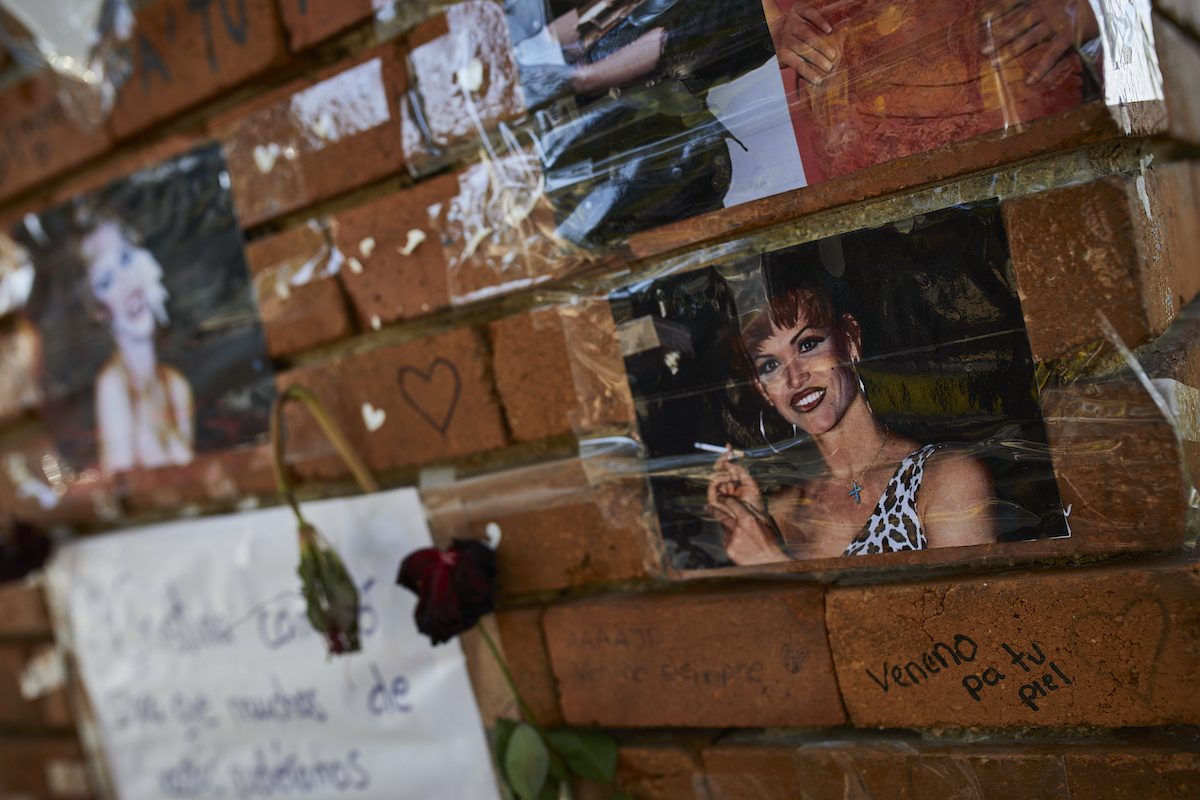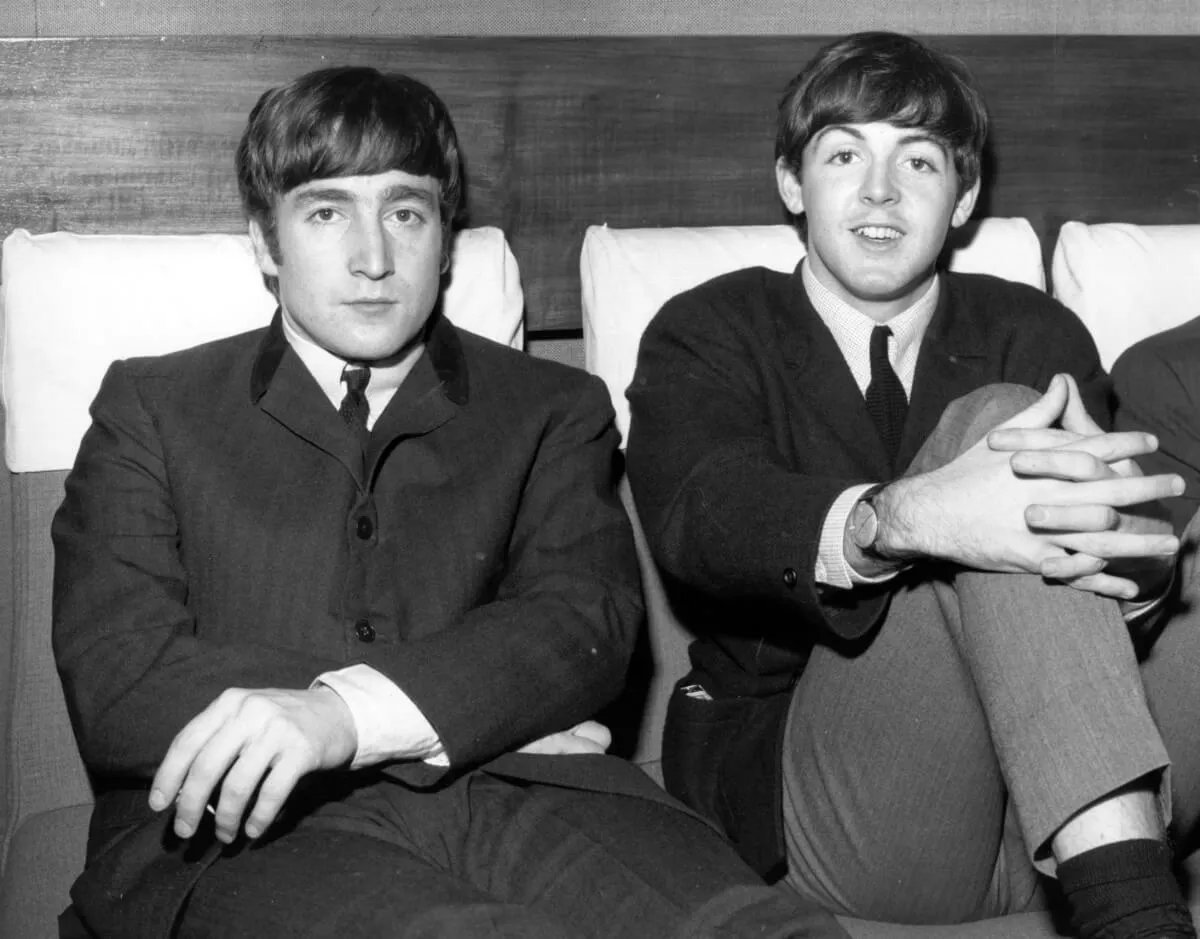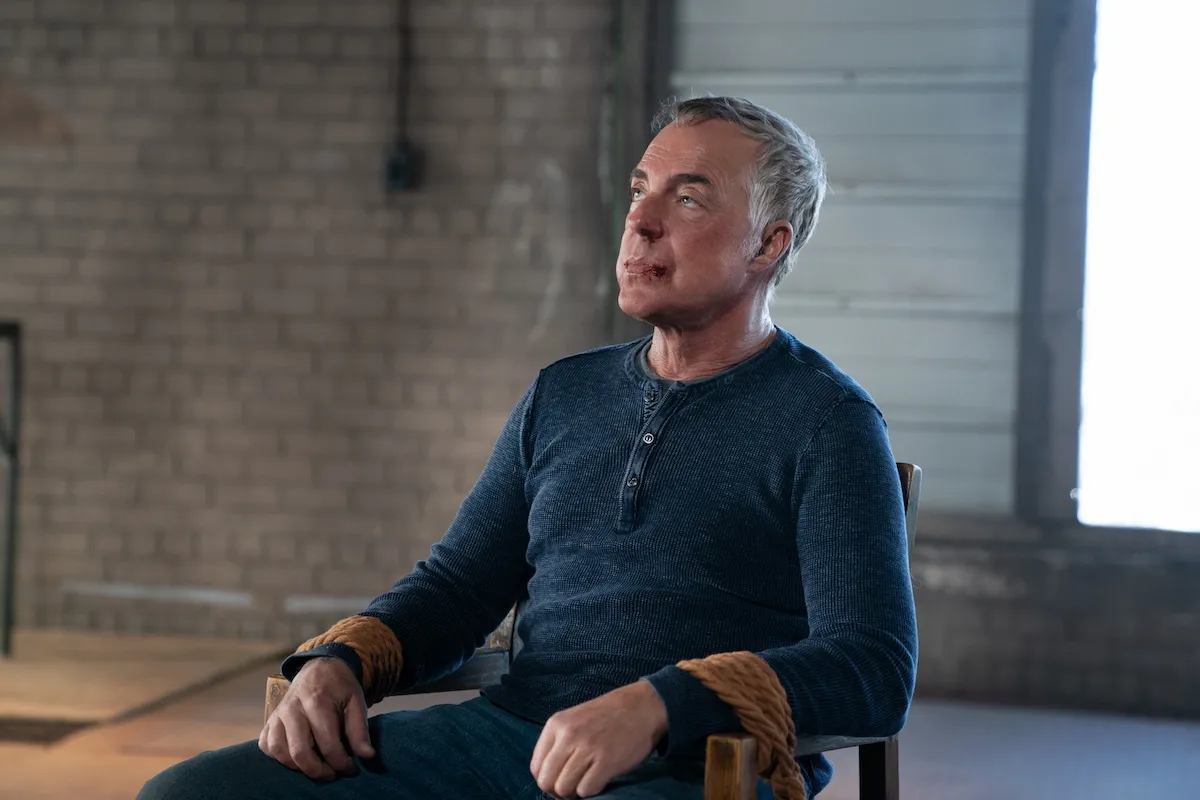‘Veneno’: Cristina’s Nipple-Biting Story Paralleled Real Life
In the 1990s, there were few (if any) representations of trans people living happily. In Spain, Cristina Ortiz — known more commonly by her nickname, “La Veneno” — became a star practically overnight, And now, the LGBTQ icon’s life is the subject of an award-winning TV show on HBO Max.

‘Veneno’ is a global phenomenon
The Spanish show Veneno is an eight-episode miniseries that takes a deep dive into the life of Cristina La Veneno. The show takes place across several time periods, from her childhood in southern Spain to worldwide stardom, and the eventual writing of her memoir.
Veneno tells a compelling story, and the awards show circuit in Spain has taken notice. Daniela Santiago — the actor who plays La Veneno in her prime in the ’90s — has received numerous accolades and nominations for her portrayal of the pop culture figure.
Santiago was recently interviewed on the red carpet at the Premios Forqué and spoke about what it meant to her to play such an iconic character — and to be a trailblazer in her own right. “I’m making history,” she said in Spanish. “It’s the first time a girl like me is nominated for a Forqué award.”

Cristina La Veneno remains an icon today
In 1996, La Veneno was a prostitute working in Madrid’s West Park, where long lines of cars often waited just for the possibility of having an hour of passion with her. It was here where she was first interviewed for the late-night variety show Esta noche cruzamos el Mississippi (Tonight We Cross the Mississippi) and blew up.
La Veneno became a regular guest on Esta noche cruzamos el Mississippi and its successor, La sonrisa del pelícano (The Pelican’s Smile). She became a fixture of Spanish television and was the most prominent transgender person in the country for many years.
She revealed secrets from her TV career and much more in her 2016 memoir ¡Digo! Ni Puta Ni Santa: Las Memorias de La Veneno (I’m Telling You! Neither a Whore Nor a Saint: A Memoir by La Veneno), which was the basis for the show’s writing.

The 1 part of ‘Veneno’ that shocked audiences
There’s one scene in Veneno in particular that remains unforgettable. When Cristina first gets her start working in the park, she’s looked down upon and bullied by the other prostitutes. But after she gets the money for chest surgery, she returns to the park with a vengeance.
La Veneno confronts Fanny, the girl who had been challenging her, and gets in a fight that soon turns violent. As a show of dominance, Cristina wrestled her to the ground and bit her nipple off with her own teeth. Santiago portrays this scene with all the drama it deserves.
In the same episode, Cristina is shown in the future failing a lie detector test where she claimed she did it, based on a real-life talk show appearance.


